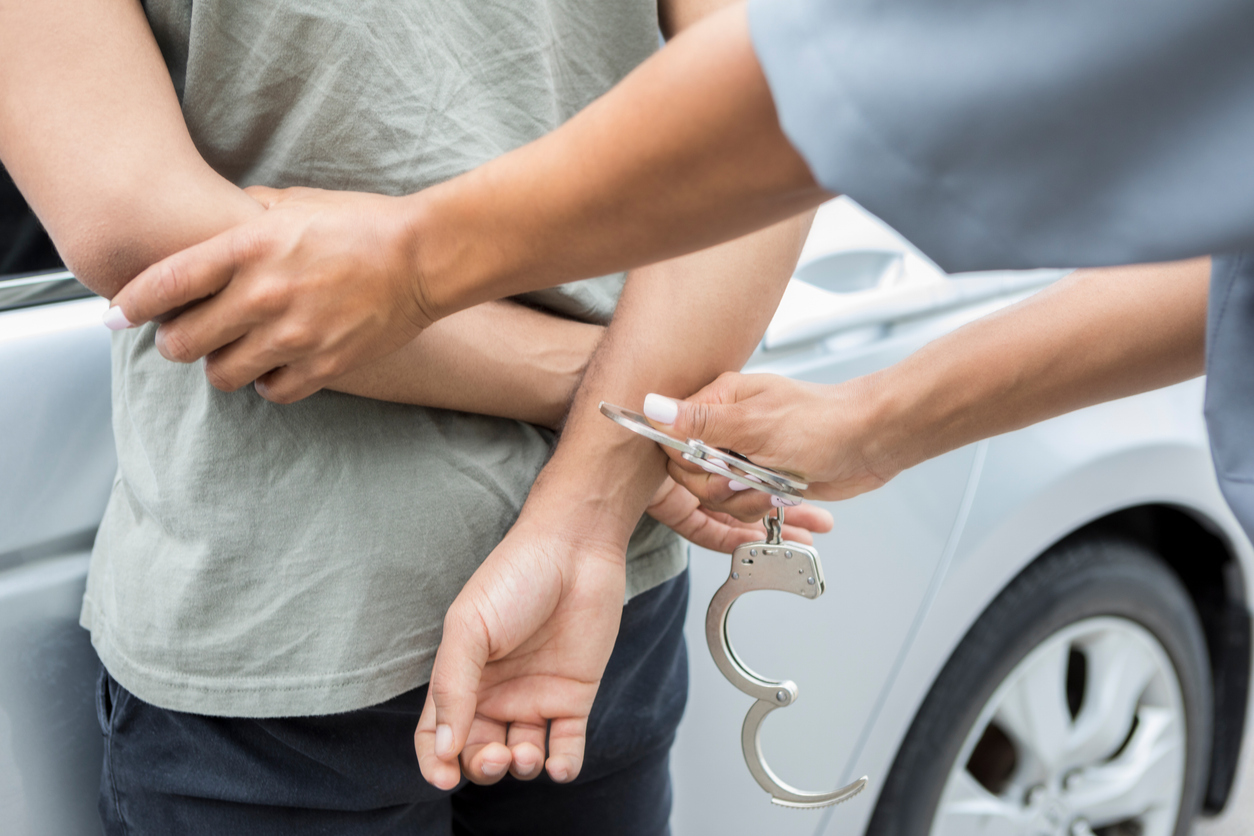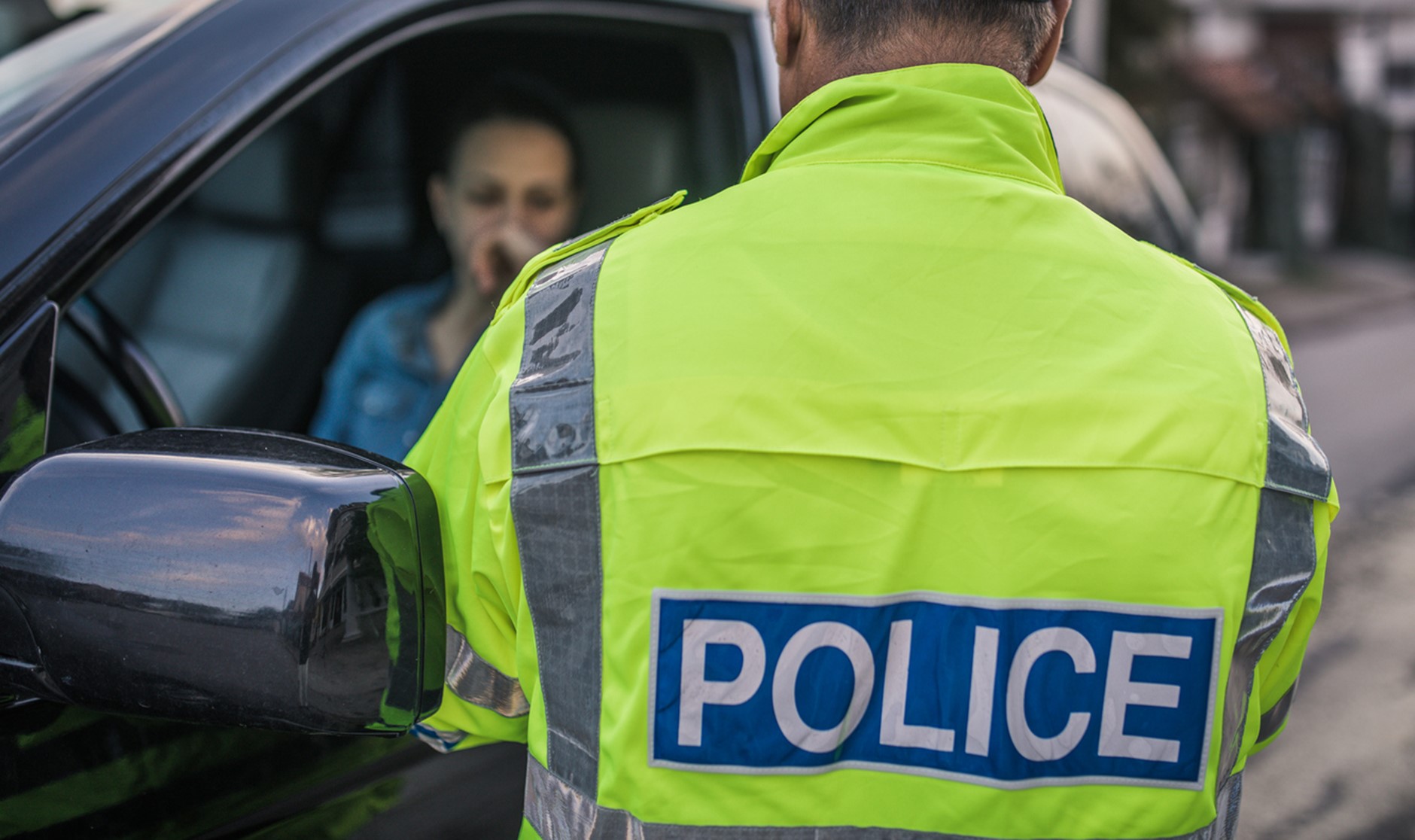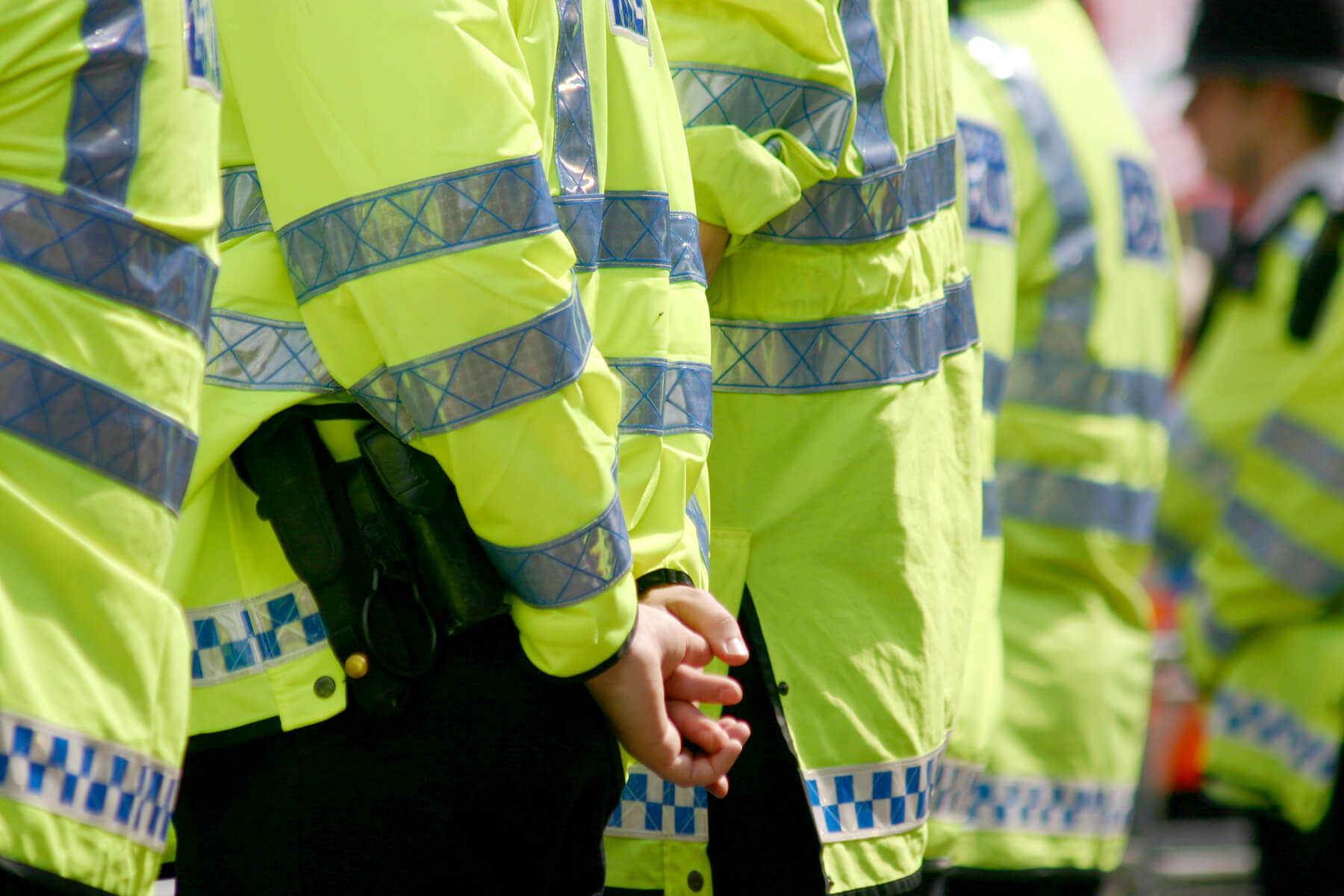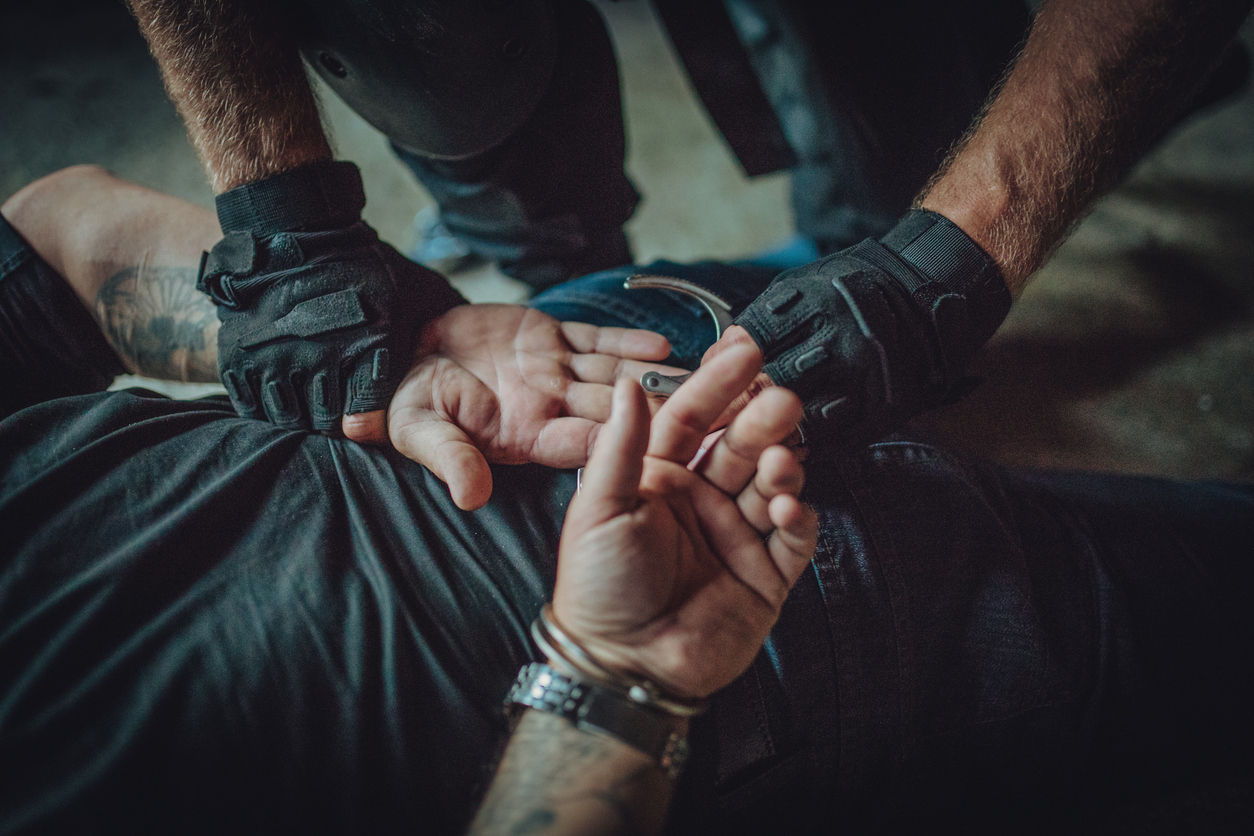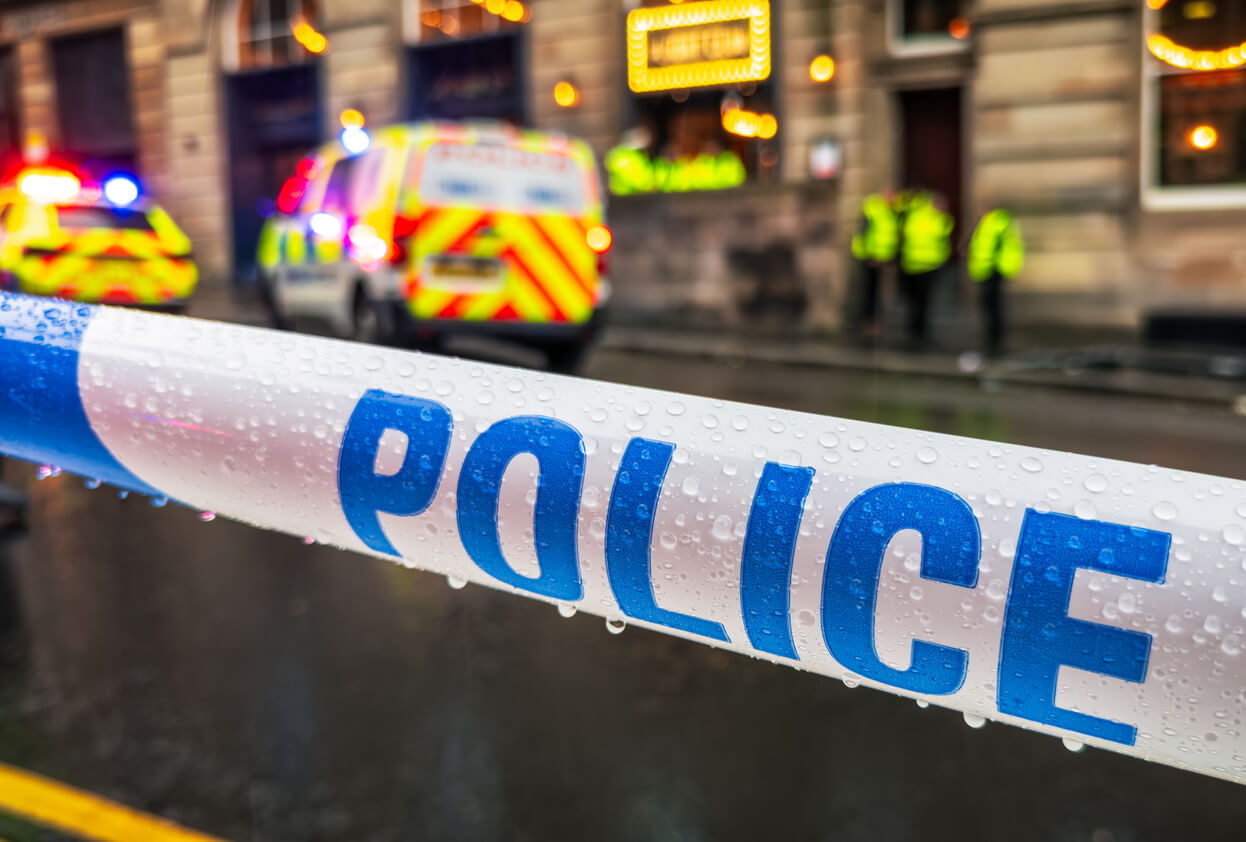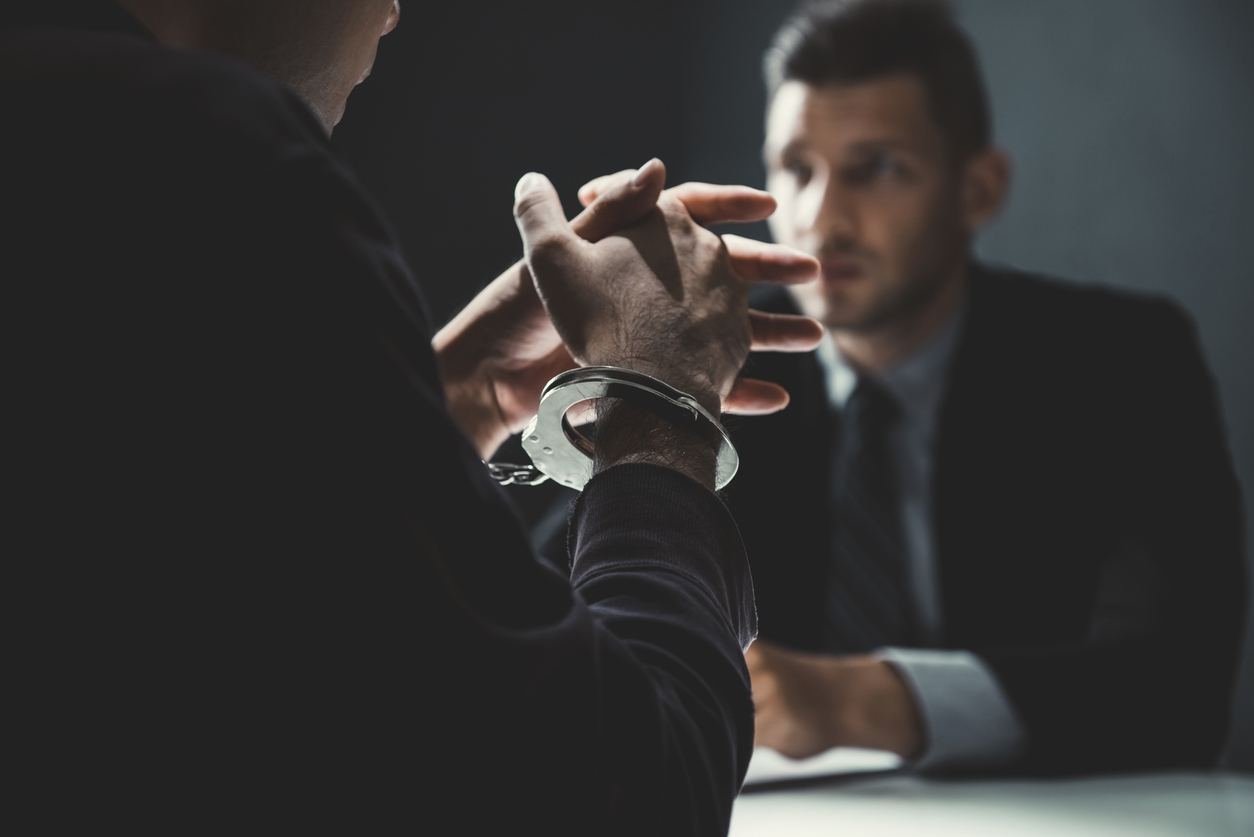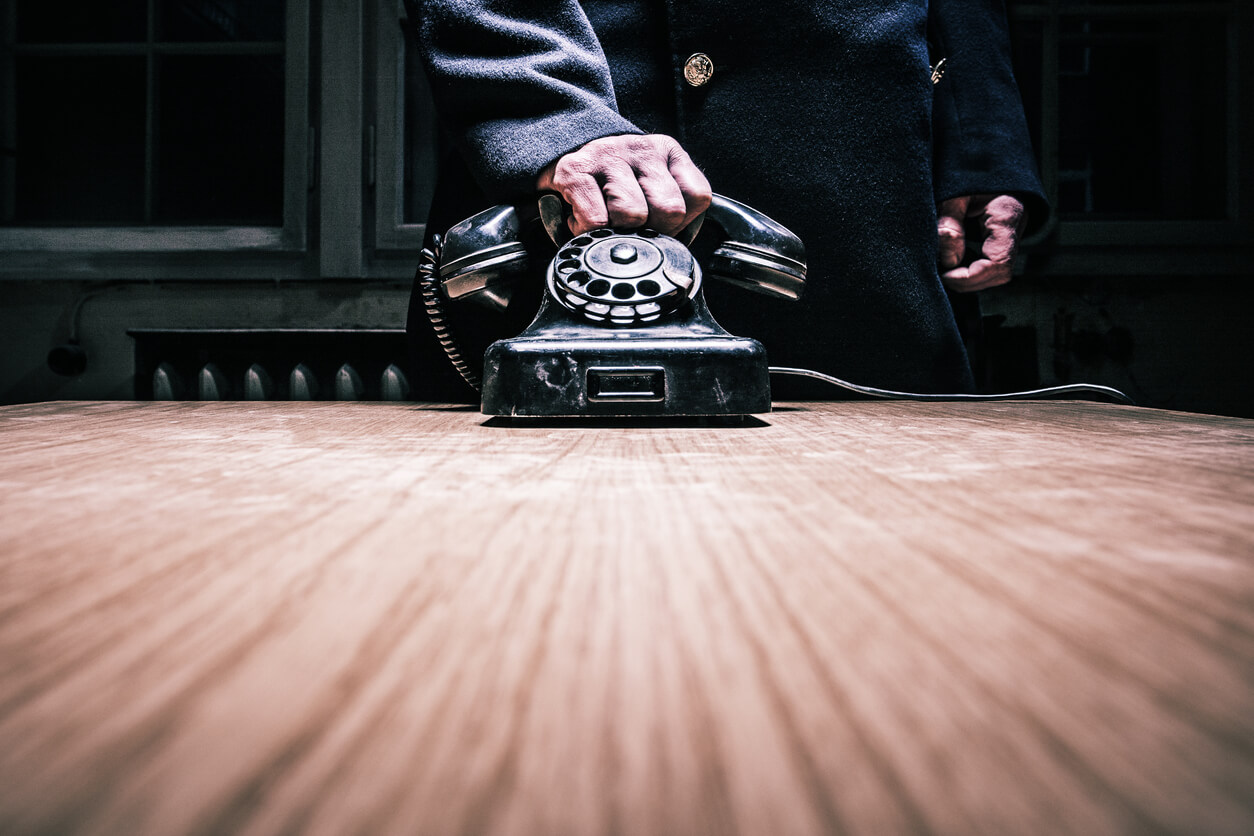How long can police hold you without a phone call
How long can police hold you without a phone call
Getting arrested can be a distressing experience, especially if you aren’t aware of your rights. If you aren’t sure what to expect when in police custody, this can be daunting, and you may not even be aware when police do not follow the correct procedures. It is good to have a basic understanding of the police arrest procedure and understand your rights when in police custody. This will ensure you are treated correctly, and you can challenge the police if you are not.
In this article, we are going to detail what your rights are when in police custody, explain how long police can legally detain you and why, and try to answer the question ‘how long can police hold you without a phone call?’. If you have been arrested and feel that your rights were not upheld by police, read on to find out how you can take action.
How long can police hold you in custody?
In England and Wales, if you are placed under arrest, you can usually be held for up to 24 hours without being charged. However, this can be extended in certain circumstances. A senior police officer can authorise an extension to 36 hours for more serious offences where the offence is indictable (could be heard at the Crown Court). A magistrates’ court can extend your detention up to 96 hours for the most serious of crimes, such as murder. Those arrested under the Terrorism Act can be held up to 14 days.
When you are arrested, you still have certain rights. The police should outline these and make them clear to you. One of these rights includes the right to have someone informed of your arrest and make one phone call. A senior police officer can delay or deny this, but it is generally something you’re entitled to.

How long can police hold you without a phone call?
When detained by police, you do have the right to have a person informed of your whereabouts. You can ask the police to contact someone for you to make them aware you have been arrested. They will contact someone for you as soon as they can. In most cases, you are entitled to make one phone call for a reasonable amount of time; however, this can be delayed or denied by an Inspector.
Unfortunately, there is no set time limit for when you should be able to make a phone call when in custody. If you are being detained for up to 24 hours, it should be within this time period; however, they may still deny you a phone call. However, if the police deny you any of your other rights, such as the right to let someone know where you are, while you’re in police custody, you could be entitled to claim compensation.
What are my rights when in police custody?
The custody officer at the police station you are taken to must explain your rights to you. You have the right to:
- Free legal advice
- Tell someone where you are
- Get medical help if you need it.
- See the Police ‘Codes of Practice’ to understand the rules police must follow
- See a written notice telling you about your rights, such as regular breaks for food and to use the toilet.

What happens when in police custody?
When you have been arrested by police and taken into custody, several things can occur. You can be searched, held in a cell, and interviewed by police. The police or the CPS then decide whether they want to charge you or not.
If you are arrested and interviewed, you are not free to leave, unlike those who have agreed to attend a voluntary police interview. If you are arrested, you will usually be required to have your photograph taken as well as your fingerprints. Your consent is not required for the police to do this.
Whether you are being interviewed voluntarily or have been placed under arrest, in both cases you must be read the following statement:
“You do not have to say anything. But, it may harm your defence if you do not mention when questioned something which you later rely on in court. Anything you do say may be given in evidence.”
This is known as a police caution, sometimes referred to as the UK version of the American Miranda Rights people know from TV and film. This is what people refer to as ‘your right to remain silent’. It’s important you understand that if you are unsure how to answer a question when in a police interview, you legally do not have to answer and can remain silent. However, you can face consequences for declining to comment.
If the police do not read you the police caution before you are interviewed, it can result in your comments being made inadmissible. If you want to find out more about your rights when attending a voluntary police interview, read our blog on the subject.
What are the possible outcomes after being arrested?
After an arrest, there are several things that can happen. This includes receiving an outcome of no further action (NFA), being charged, receiving a caution, or going to the hospital under the Mental Health Act.
If you are released, receive an outcome of no further action, and are not charged or cautioned, provided you have never been charged with a crime and have no outstanding convictions, then the police should not retain your personal data. This includes biometric data they may have collected during the arrest, and the record of your arrest. You can request that this data be removed from the Police National Computer (PNC), and the police should comply. If not, you could claim compensation for unlawful retention of your data, as this can be very damaging to an individual.
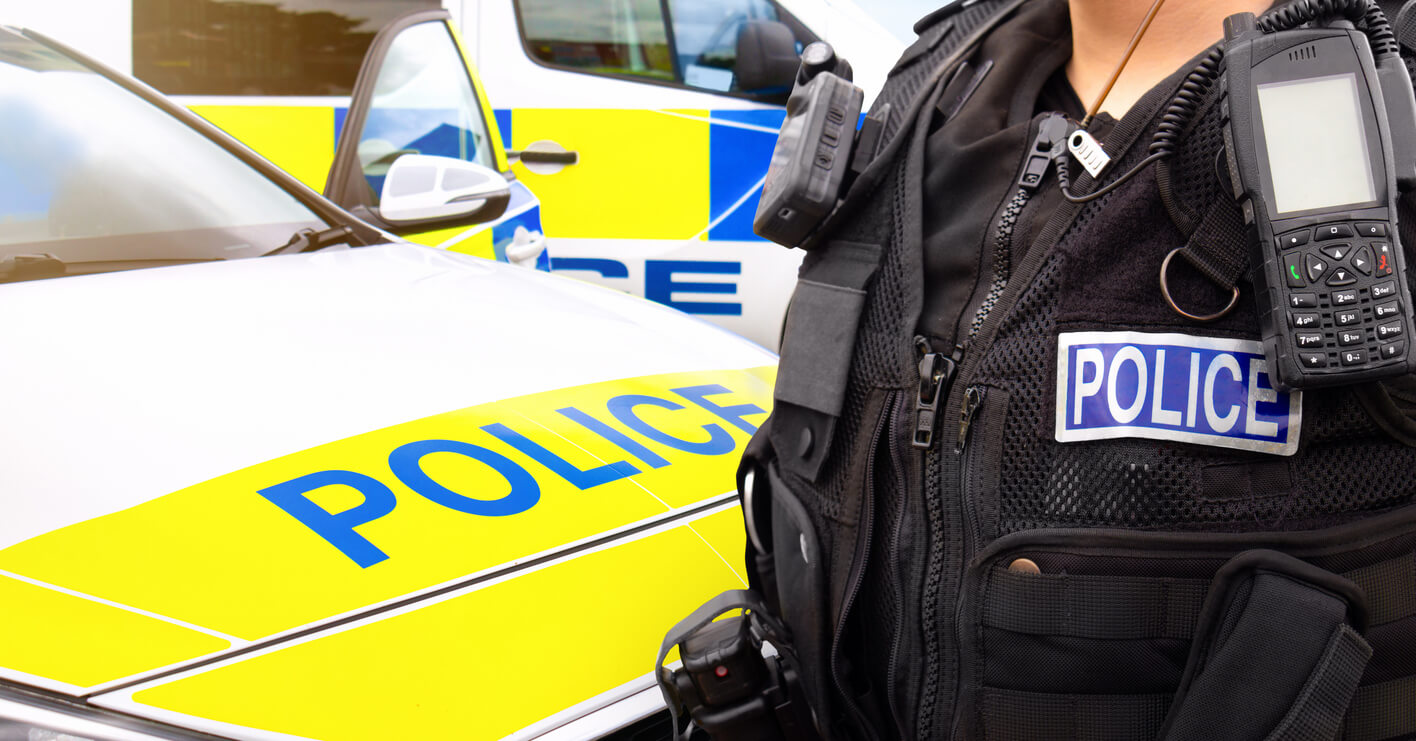
What to do if the police did not uphold your rights in custody?
If the police did not uphold any of the rights detailed above while you were in police custody, you could be entitled to claim compensation. Your rights in police custody are clearly outlined by the government, and police are aware of these and must uphold them.
You can complain about this to the relevant police force by filing a police complaint; however, this will not result in any form of compensation. To gain compensation for the ordeal you suffered, you must make a civil claim against the police. While the compensation you could receive won’t change what happened to you, it can go some way in helping you to move on from the incident and get the help you need to move forward.
HNK Solicitors can help with your police claim
It is always best to get help from an experienced action against the police solicitor when making a police claim. This is because these claims are highly contested by police, and an experienced solicitor will know the intricacies of the law and relevant legislation, so they can help to argue your case and get you the maximum amount of compensation you are entitled to.
We have a whole team of action against the police solicitors who have many years of experience helping clients successfully claim compensation from police forces throughout England and Wales. We can help if your rights were not upheld while in police custody, and with any other areas of misconduct by police.
We offer free no-obligation consultations and can take on cases on a no-win, no-fee basis. Get in touch with us today on 0151 668 0816 or enquries@hnksolicitors.com. Alternatively, fill in our online claim form and one of our team will be in touch to find out more.


